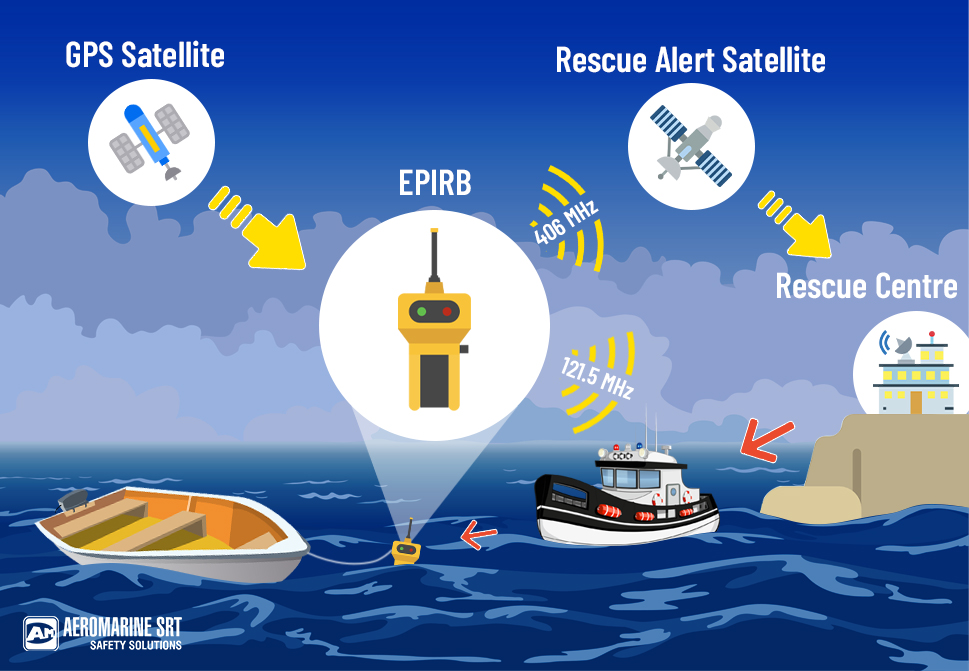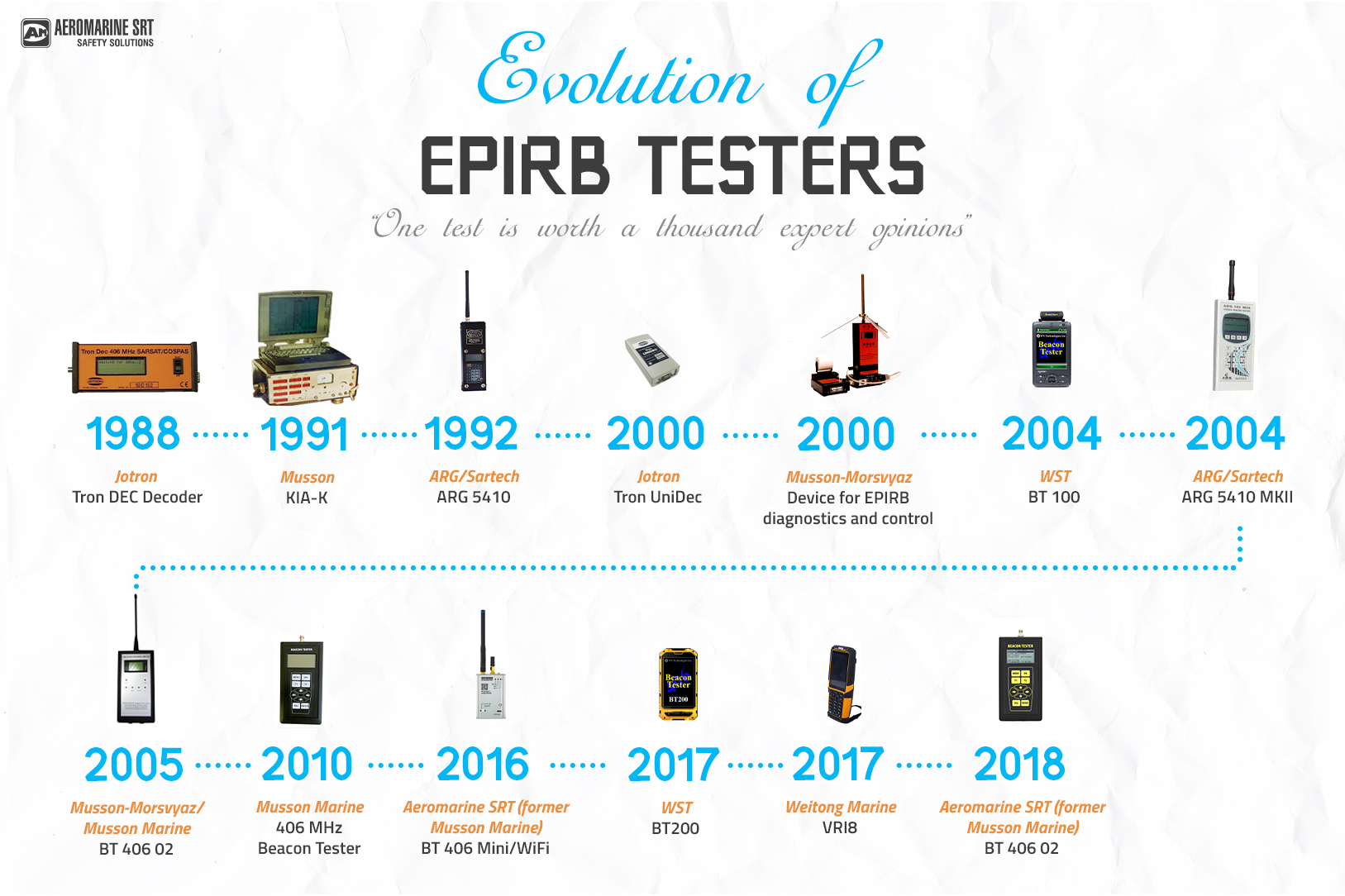New standards for EPIRB in USA
Now only EPIRBs with GNSS function are approved for sale
Seafaring was always connected with certain dangers. Since the Titanic all possible measures were applied for preventing marine accidents. The number of casualties is constantly decreasing. Nevertheless, the statistics shows that on average two vessels are still sinking per day.
In case the accident couldn’t be avoided it is vital that the rescue come as soon as possible. One of the tools which helps search and rescue authorities to pinpoint the distress location and identify the vessel is an Emergency Position Indicating Radio Beacon or simply EPIRB.
Briefly about EPIRB positioning
Generally, EPIRB alerts are relayed to the rescue services through Cospas-Sarsat international polar-orbiting satellites on the 406 MHz frequency. It allows to locate the distress with accuracy from 2 up to 5 km. However, the positioning and sometimes alerting may take one or two hours.
The signals from EPIRB can be also received and transmitted to authorities by geostationary satellites. Yet such satellites do not detect the location of the beacons unless it has a built-in GPS receiver.

Additionally, EPIRBs radiate the homing signal on 121.5MHz. It allows the rescue services to home in the position of the beacon when they are 10 miles close to it. Channel 121.5MHz is not detected by satellites.
Finally, since 1998 some models of EPIRBs are equipped with GNSS receivers such as well-known GPS, newly launched Galileo or Russian GLONASS. With GNSS feature Beacon position can be detected accurately up to 50 meters. As soon as activated such EPIRB sends the precise location and vessel identification to the rescue authorities both via Cospas-Sarsat and geostationary satellites.
In 2019 following IMO Resolution MSC.471(101) ANNEX 24 the GNSS receivers became mandatory for all EPIRBs.
What’s new for EPIRB in USA?
Now new rules also apply to United States. Radio Technical Commission for Maritime Service has adopted changes to RTCM 11000. According to 47 CFR § 80.1061 every EPIRB should be obligatory equipped with GNSS receiver on any vessel in US waters. Beginning from 17Th January, 2020 EPIRBs without GNSS receivers are prohibited from selling, importing, manufacturing and installing on the vessel. It also means that some well-known old models will be completely gone.
Why EPIRB should obligatory have GNSS?
Ship owners may ask this question having in mind that the GNSS feature pushes the price for Beacons upwards comparing to the non-GNSS models.
As previously mentioned, GNSS is the most rapid and accurate way to locate EPIRB position. Having the precise location the search and rescue services will operate faster and save more lives. In this manner the number of marine accident victims will hopefully be reduced to the minimum.
What Aeromarine SRT offers?
GNSS feature in EPIRBs originated as supplementary safety aid and became a significant part of GMDSS. No doubt such important tool should be checked properly.
EPIRB Tester 406 02, EPIRB Tester Mini Wi-Fi and GMDSS Multi Tester MRTS-7M allow to check the presence of GPS signal from EPIRB and decode the coordinates. The results are immediately displayed on the screen of the tester and can be downloaded to the PC or laptop by means of Aeromarine SRT software. The coordinates then are shown in test results and test report as Position data.




Be the first to comment